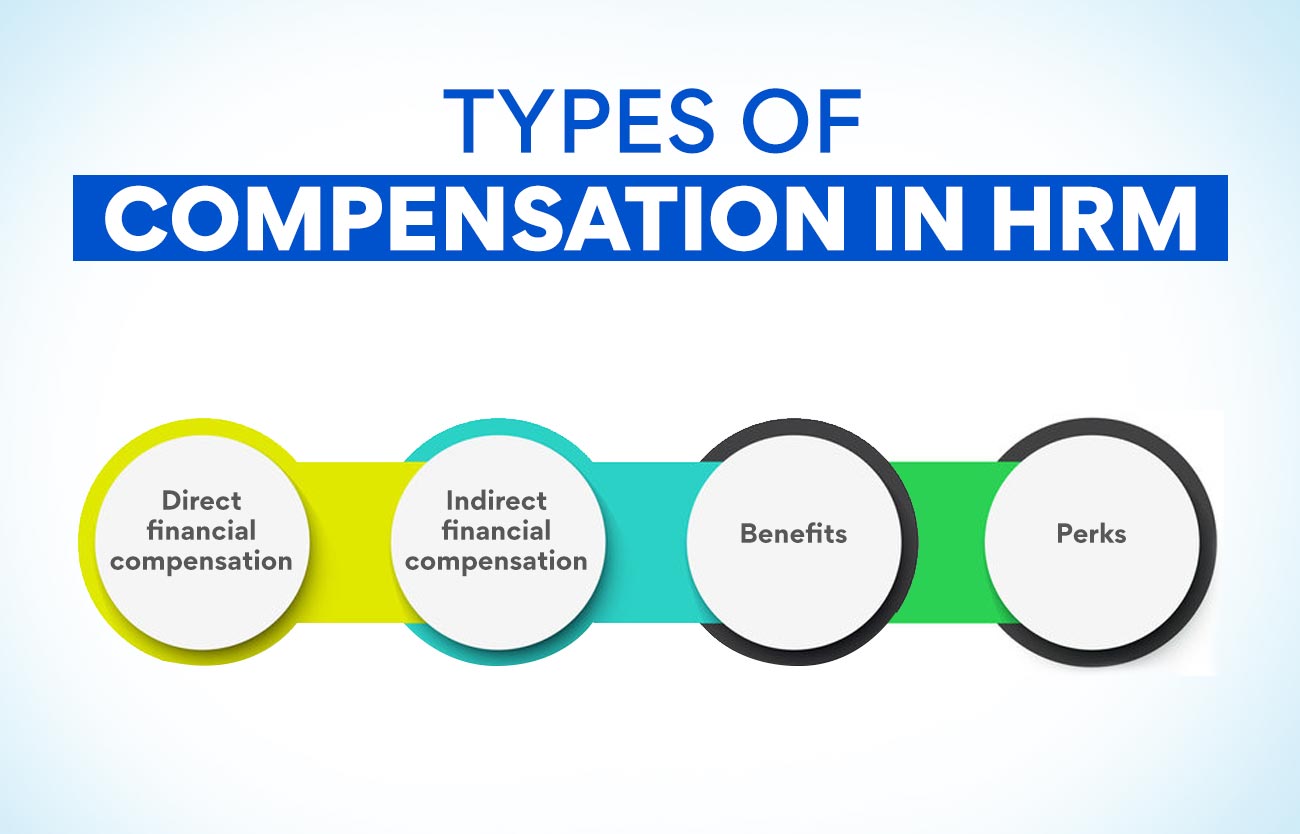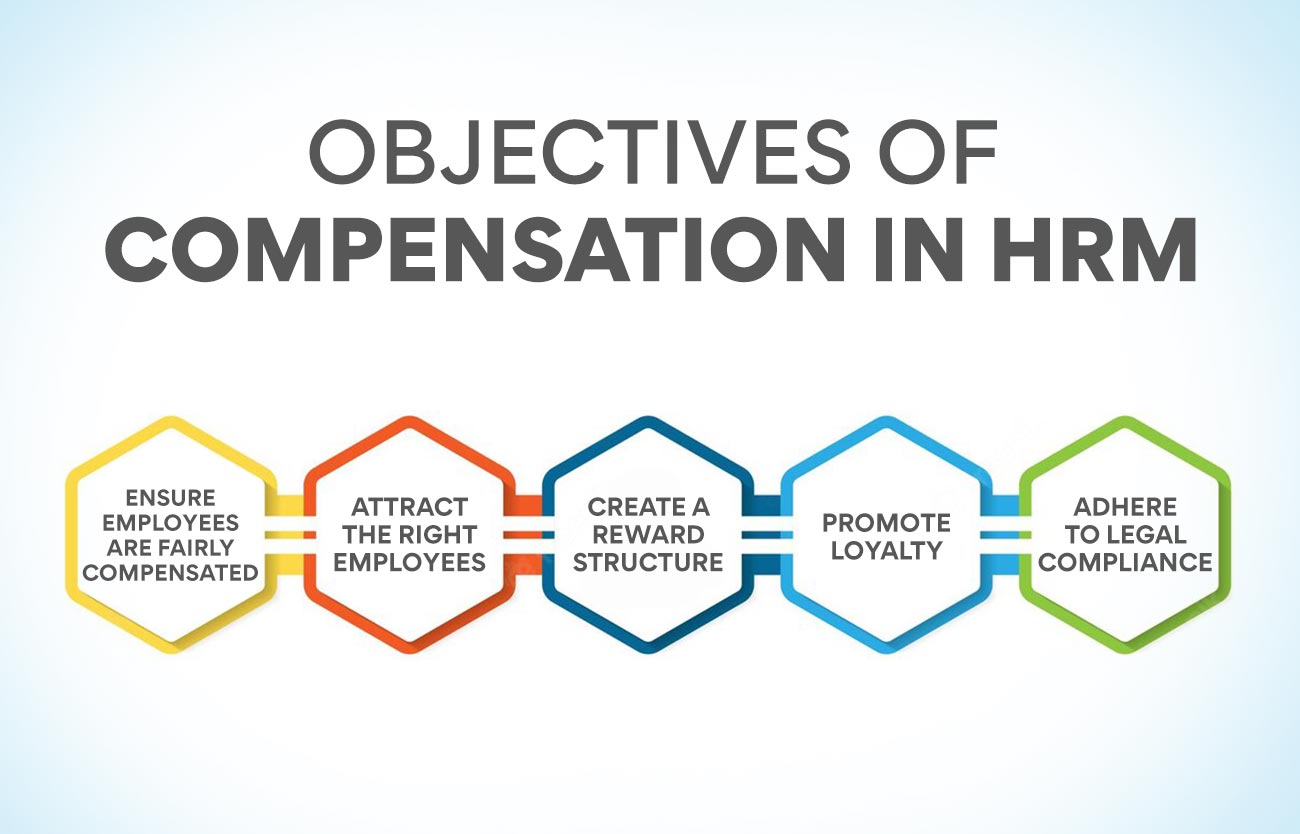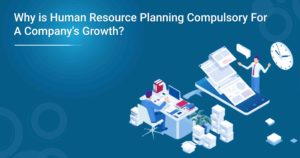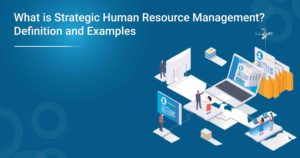When it comes to HRM, one of the most critical aspects of the job is managing compensation. HRM’s compensation management encompasses pay rates and benefits to bonuses and commissions. It can be an intricate process, but it’s pivotal for ensuring that employees are happy and productive. In this blog post, we will discuss compensation in HRM and everything you need to know about it!
Understanding Compensation in HRM
Compensation in HRM refers to all the monetary and non-monetary rewards an organisation provides to its employees in exchange for their work. This can include base salary, bonuses, commissions, benefits and other perks.
Compensation management is designing, administering, and evaluating compensation programs to ensure they are fair and effective. It can indeed become a tricky task, as many different factors must be considered.
Some of these include:
- The organisation’s overall business strategy
- The types of jobs and skills required
- Internal equity (how fair the compensation is within the organisation)
- External competitiveness (how much other organisations are paying for similar positions)
- Budgetary constraints
Once a compensation program is designed, it needs to be administered and monitored on an ongoing basis. It includes setting up payroll processes, tracking employee data, and making payments correctly.
Evaluating a compensation program’s effectiveness is essential to ensure it reaches its desired objectives. It can be achieved through surveys, focus groups, and data analysis.
What Are The Objectives of Compensation in HRM?
The objectives of HRM in HRM are to ensure that employees are paid lawfully and equitably for their work and to attract and retain the best talent. A well-designed compensation system will also motivate employees to perform at their best and contribute to the organisation’s success.
To achieve these objectives, compensation in HRM must take into account the following factors:
- The market value of the job
- The skills and experience needed for the job
- The employee’s performance
- The company’s financial health and profitability
Compensation in HRM is a complex topic, but understanding these primary objectives is an excellent first step in managing compensation effectively. But what are the significant objectives of compensation in HRM? Let’s discuss them in detail:
- Ensure Employees are Fairly Compensated: This is an essential objective of compensation in HRM. Employees should be paid based on the market value of their job, as well as their skills, experience, and training. They should also be paid based on their performance.
- Attract The Right Employees: Another critical objective of compensation in HRM is to attract the best talent. To do this, companies need to offer competitive salaries and benefits packages. HR professionals must also be able to sell the company’s culture and values to potential employees.
- Create A Reward Structure: The third objective of compensation in HRM is to create a reward structure that motivates employees to perform at their best. This can be done through various methods, such as bonus programs, commission structures, and stock options.
- Promote Loyalty: The fourth objective of compensation in HRM is to promote loyalty among employees. Employees are not just looking for a high salary. They also want to feel like they are valued team members and that their work is paramount to the company.
- Adhere To Legal Compliance: The final objective of compensation in HRM is to adhere to all legal compliance requirements. This includes things like minimum wage laws, equal pay laws, and anti-discrimination laws.
As you can see, several compensation objectives in HRM must be achieved that can differ according to the organisational structure and business model. But by understanding these objectives, you can develop a compensation strategy that meets your organisation’s needs.
What Is Compensation Management And Why Is It Important?
Compensation management is creating and administering compensation programs that enable an organisation to attract, motivate, retain, and engage employees. It encompasses financial and non-financial rewards that employees receive in exchange for their contributions to the organisation.
A well-designed compensation program can help organisations achieve several strategic objectives, such as attracting and retaining top talent, motivating employees to achieve high-performance levels, aligning employee behaviour with organisational goals, and managing labour costs. Compensation has a critical role in ensuring equity within the workplace by providing employees with suitable pay for their skills, experience, and level of responsibility.
While compensation is often thought of primarily as wages or salaries, it also includes other benefits and perks, such as bonuses, commissions, stock options, and health insurance. When designing a compensation program, organisations must carefully consider the needs and preferences of their employees to create a package that will be both tempting and motivating.
Compensation programs should be reviewed regularly to ensure they align with the organisation’s goals and objectives. With the ever-changing workforce needs, organisations need to be proactive in their approach to compensation management.
Also Read: Key Objectives of Human Resource Management
Positive Control On The Efficiency of Employees
A good compensation plan will always have a positive effect on the efficiency of employees. If they feel that their work is being appreciated and they are getting paid well for it, they will naturally put in more effort. This will lead to better productivity and improved bottom-line results for the company.
Reduced Turnover
Another benefit of compensation management is that it can help to reduce turnover. Employees who feel pretty compensated are less likely to look for other job opportunities. This can save the organisation money in the long run by reducing costs associated with recruiting and training new employees.
Improved Morale
Finally, good compensation practices can also improve morale within the organisation. When employees feel they are well-treated, they are more likely to be satisfied with their job and have a positive attitude toward the company. This can lead to improved customer service and overall satisfaction with the organisation.
Compensation management is integral to HRM and can significantly impact an organisation’s success. Organisations can achieve several strategic objectives by carefully designing and administering compensation programs.
Types of Compensation In HRM

There are four types of compensation in HRM:
- Direct financial compensation
- Indirect financial compensation
- Benefits
- Perks
Direct Financial Compensation:
This is the money that employees earn for their time and labour. It is paid directly to them, either in the form of an hourly wage or a salary. It entails salary negotiations between the employer and the employee. The pay scale differs from organisation to organisation and is usually based on the company’s size, location, industry, and the employee’s experience and skills.
Type of direct financial compensation:
- Hourly wages
- Salary
- Profit shares
Indirect Financial Compensation
This is the money employees earn in addition to their regular wages or salaries. Generally, bonuses are given based on an employee’s performance or achieving specific goals. For example, a salesperson may receive compensation for meeting or exceeding their sales targets. Commissions are typically paid to employees who are in sales or customer service positions. They are a percentage of the employee’s sales or revenue.
Types of indirect financial compensation:
- Bonuses
- Commissions
- Stock options
Benefits
These are non-monetary ways of compensating employees. Benefits are usually given to employees who work full-time. They are designed to help with health care costs, retirement, and vacation time. Companies decide which gifts to offer based on their employees’ needs and wants.
Type of benefits:
- Health insurance
- Retirement plans
- Paid time off
- Employee assistance programs
- Internet reimbursement
- Travel reimbursement
- Relocation assistance
Perks
These are also non-monetary ways of compensating employees. Such benefits are given to employees to make their job more enjoyable. Perks are usually given to employees who work full-time. They can include free food, gym memberships, and transportation reimbursement. Companies decide which perks to offer based on their employees’ needs and wants.
Types of Perks:
- Company car
- Gym membership
- Free meals
- Transportation reimbursement
- Childcare assistance
- Student loan repayment assistance
- Pet insurance reimbursement
- Employee discounts
Offering a combination of these types of compensation will help you attract and retain the best employees for your business. When crafting your compensation packages, be sure to consider the needs and wants of your employees.
What Are the Components of Compensation?
Analysis of Job
It is the first step in designing a compensation plan. Job analysis is the process of collecting and studying a job’s data to identify its essential tasks, duties, and responsibilities. This information is used to develop job descriptions and specifications, which are then used to determine the appropriate pay level for the position.
Prepare Job Description
The next step is to prepare a job description, which is a document that outlines the essential duties and responsibilities of a position. This document communicates the job expectations to potential candidates and helps guide the selection process. It will include outlining duties, responsibilities, education and experience requirements, and any special skills or qualifications required.
Job Evaluation
After designing the job description, it is time to evaluate the position to determine the appropriate pay level. This is done by considering the duties and responsibilities outlined in the job description and the education and experience requirements. The goal is to create a compensation plan that is fair and equitable for all employees.
Compensation Strategy
After completing the analysis and evaluation, it is time to develop a compensation strategy. The compensation strategy will outline how the organisation plans to attract and retain talent and how they plan to reward employees for their performance. This strategy will be based on the goals and objectives of the organisation, as well as the budget.
Designing Pay Structures
The next step is to design the pay structures. This will involve creating a salary scale that outlines the range of salaries for each position. The pay structure will also include any bonuses, commissions, or other available forms of compensation. Once the pay structures have been designed, they will need to be approved by the board of directors or shareholders.
Implementing the Plan
The final step is to implement the compensation plan. This will involve communicating the plan to all employees and ensuring it is followed. It is essential to monitor the plan regularly to ensure that it is working as intended and that there are no issues with implementation.
Components of compensation in HRM can be very complex. However, by breaking it down into these simple steps, you can ensure that you have a well-designed and fair compensation plan.
Also Read: Role Of Human Resource Management in an Organization
What Are The Challenges With Compensation Management in HRM?
There are a few challenges that organisations face when it comes to compensation management in HRM. One challenge is making sure that all employees are compensated fairly. This can be difficult to do because you must consider many factors, such as experience, education, and job performance.
Another challenge is ensuring that employees are motivated to stay with the organisation. This can be difficult because you need to offer competitive compensation packages that are attractive to employees. Finally, make sure that the compensation budget is not exceeded.
Scope For A Career In Human Resource Management
The arena of human resource management is vast and offers a lot of scope for career growth. There are many positions that you can occupy in an HR department, ranging from entry-level to senior management.
One of the essential aspects of HRM is compensation. Compensation refers to all the financial and non-financial benefits that an employee receives in exchange for their work. This includes salaries, bonuses, commissions, and benefits such as health insurance and paid time off.
Compensation is a challenging vertical, as there are many ways to approach it. As an HR professional, it’s your job to understand the different compensation models and how to apply them in your organisation. You’ll also need to be familiar with government regulations surrounding compensation.
Compensation is a great area to focus on if you’re interested in a career in HRM. There are many different aspects to it, and it’s constantly changing. With a deep understanding of compensation, you can be an invaluable asset to any organisation. Let’s take that first step in your career. Take a look at our Post Graduate Certificate in Human Resource Management to know more about human resource management.
More Information:
Evolution Of Human Resource Management: Past and Future
Breaking Down The Scope Of Human Resource Management
Better Employee Relations – 11 Tips
What is Stakeholder Engagement? Importance, Planning and Implementation




























